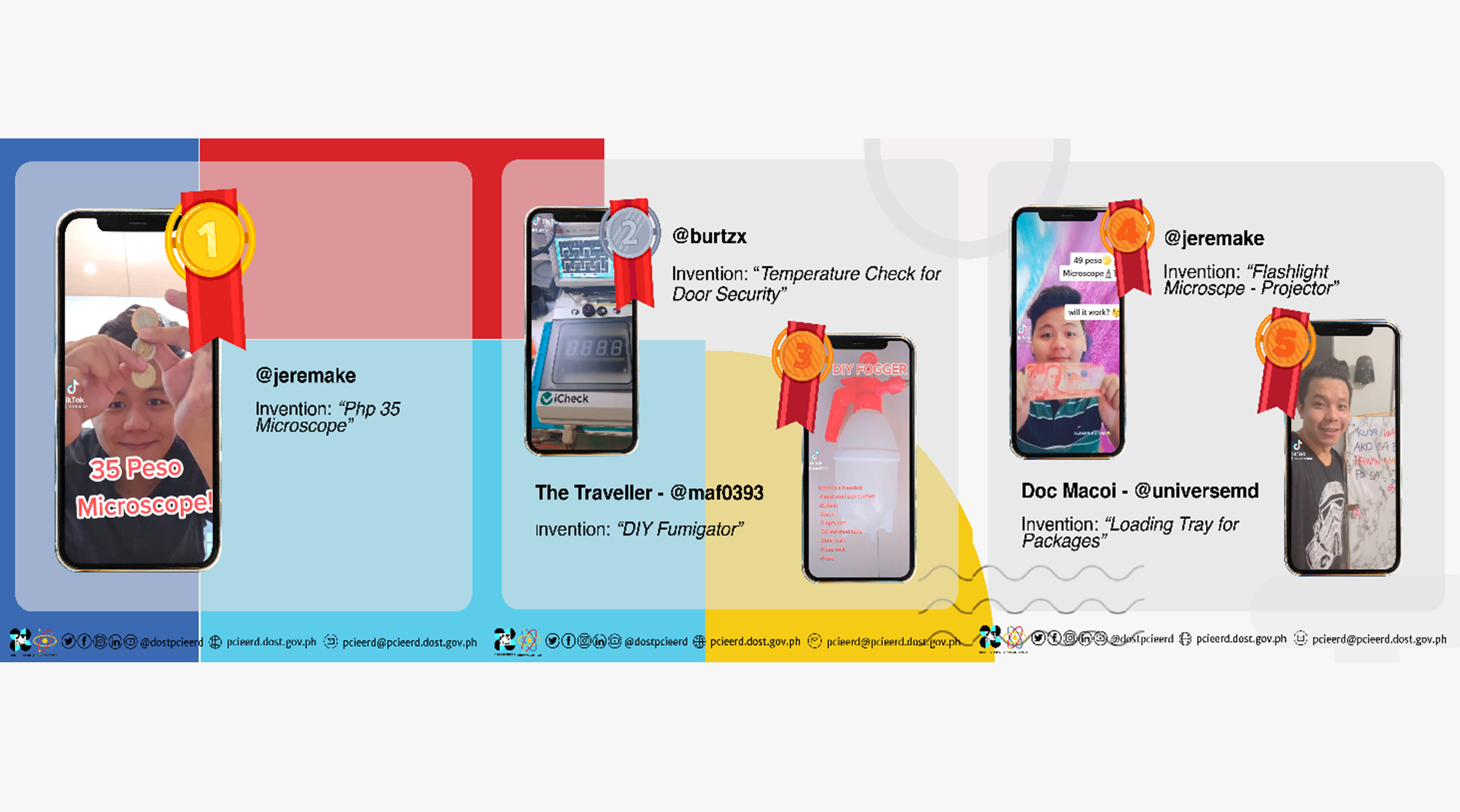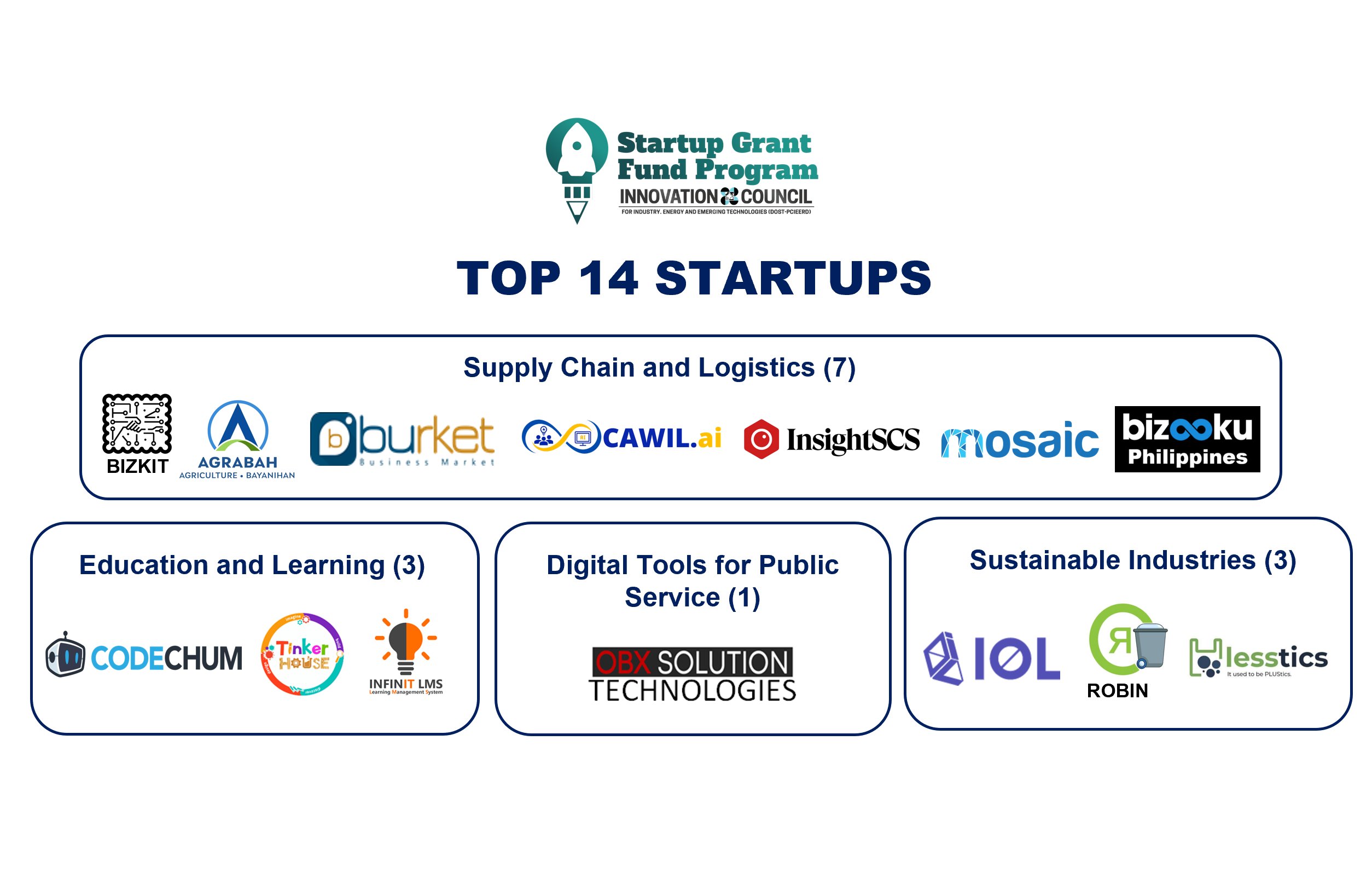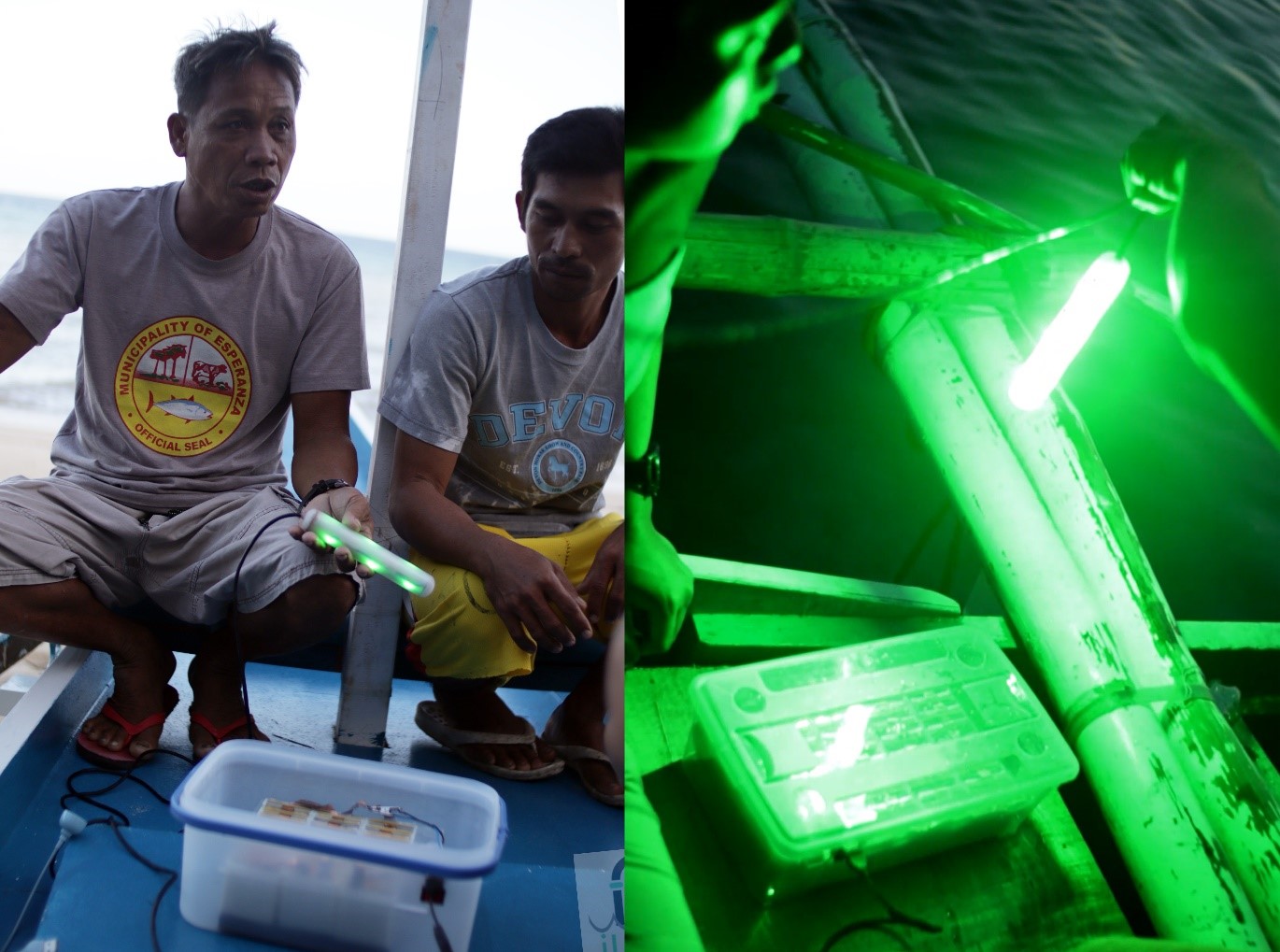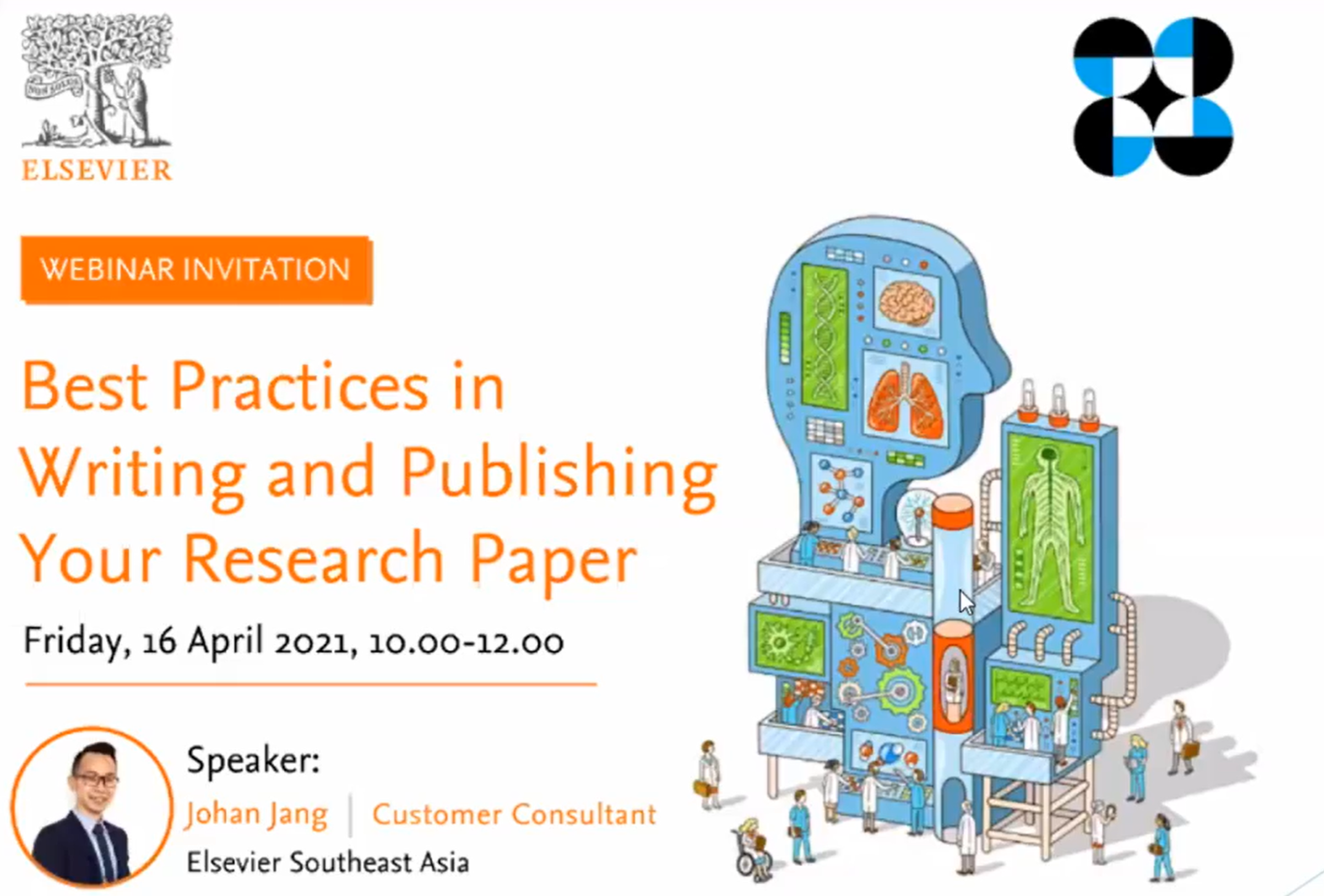To jumpstart the Philippine economy and help it bounce back from the impact of the COVID-19 pandemic, the Department of Science and Technology Philippine Council for Industry, Energy and Emerging Technology Research and Development (DOST PCIEERD) is pouring in PHP43 million as research and development grant 14 startup companies.
DOST PCIEERD Executive Director Dr. Enrico Paringit expressed optimism that the 14 startup companies will create a huge impact in the Philippine society with their cross-cutting technological products and services.
“As leader and partner in enabling innovations, we are on the constant lookout for new talents that can infuse new blood into Philippine economy through innovative products and services. We are excited for our new 14 startups who will commence a new breed of innovators in the country,” he said.
Out of 54 proposals received during the first call, most of the 14 startups that were selected came from Luzon with nine startups, followed by Mindanao with three, and Visayas with two.
The following are the names of the 14 startups and their projects:
- Agrabah
Project title: An Agriculture Technology Platform automated logistics booking for farmers and fisherfolks
Agrabah provides an integrated platform that arranges delivery of agricultural produce from farming communities to enterprise, providing farmers a seamless experience to market, easy access to clients and financing to meet volume requirements.
- Mosaic
Project title: New Product Development and Market Validation of a Mosaic Online Food and Beverage Procurement Marketplace Platform
Mosaic is an online food and beverage (F&B) procurement marketplace for food establishments and suppliers.
- CAWIL AI
Project title: Enhancement of the Prototype and Market Validation of Traceability Access for Consumer and Export powered by Artificial Intelligence (TrACE.AI) Software System
TrACE.AI is a Fish- Electronic Catch Documentation and Traceability app which automates catch documentation by utilizing artificial intelligence in identifying fish species.
- Burket PH
Project title: Improvement and Assessment of Marketability of an AI-powered Buyer-Supplier Matching and Management System for Businesses in the Philippines
Burket platform is a digitized procurement processes for business-to-business transaction.
- Zippee
Project title: Enhancement and Validation of Zippee Logistics: A Franchise B2B Logistic Platform for Truck Owners and Franchisees
Zippee Logistics is a B2B logistic service booking platform for truck owners and franchisees.
- Insights
Project title: Enhancing the MSME Supply Chain Experience by Integrating Cold Chain Solutions in DeliverE 2.0
The DeliverE Platform integrates different agriculture stakeholders into a single digital platform from farmer-to-consumer (F2C), business-to-business (B2B) and business-to-consumer (B2C), which increases process cycle efficiency by 63% by shortening the agriculture supply chain from 8 steps to 4 steps. It also includes monitoring of transport fleet and warehouses.
- Bizkit
Project title: Enhancement of BizKit (The First Local Centralized Business Suite) to better facilitate cross-functional and holistic business operations in the new normal
BizKit is a local centralized business suite to streamline processes and information across the entire company and enable real time data visibility of business status.
- CodeChum
Project title: Market Segment Validation and Targeting for CodeChum, An Online Programming Class Platform
CodeChum is an online, web-based platform for programming education for teachers and students.
- Infinit LMS
Project title: Enhancement and Market Validation of Infinit LMS a Learning Management System with Outcomes-Based Education Analytics
Infinit LMS is a learning management system to conduct online learning and for sharing of materials and resources.
- Tinkerhouse
Project title: Enhancement of Prototype and Market Validation of TinkerClubs.com (A STEAM-Learning Platform for K-to-6 Learners)
TinkerClubs is an online learning community platform that supports STEAM (Science, Technology, Engineering, Arts and Math) workshops, projects and learning kits for young students.
- Lesstics
Project title: Enhancement of Material Property of Lesstics Roofing Tile (Bio-based Insulation Polymer/Waste Single-Used Plastic Composite)
Lesstics is a cost-effective and sustainable material derived from waste Single Used Plastics.
- ROBIN
Project title: Enhancement and Market Validation of ROBIN (A reverse vendo machine for collecting PET bottles and aluminum cans)
ROBIN (Recycle On-demand BIN) is a reverse vendo machine that collect plastic bottles and aluminum cans for exchange of reward points.
- IOL
Project title: Enhancement and Validation of the Advanced Robust Cooperative System (ARCS), an integrated Software-as-a-Service (SAAS) solution for cooperative management and regulatory compliance
The Advanced Robust Cooperative System (ARCS) is a Software-as-a-Service (SAAS) platform that will help cooperatives in the Philippines manage and grow their operations and comply with regulatory requirements by integrating various basic and advanced data collection and reporting modules unique to cooperatives in an easy-to-use online platform.
- OBX
Project title: Enhancement of Local Disaster Reporting and Response System
OBX’s Local Disaster Reporting and Response System is a system that easily identifies and tracks the location of the reported incidents and facilitates the dispatching of appropriate response to emergency needs.
Startups were selected based on their innovative solutions that are aligned with the program theme, “Jumpstarting the Economy in the New Normal.” The program seeks for startup businesses who can provide automated, digitalized, and contactless solutions under the following areas of concern:
- Sustainable Industries - Technologies intended to fill-in the gaps in the value chain of critically important industries to increase productivity, reduce costs and facilitate production and distribution of goods in the new normal.
- Supply chain and logistics management - Technologies that reduce dependency on physical labor across transportation, logistics and warehousing; platforms for online matching and delivery of goods from source to point of use.
- Learning/Education - Technologies in support of remote learning, distance education, and online learning in response to the surge in online teaching in schools and universities.
- Work from home productivity tools - Productivity tools that remote workers can use for connection, collaboration, workforce monitoring, time management, among others.
- Content and talent development - Tech support for content and talent development, infusion/ enhancement of new digital tools and technologies, marketing and customer engagement activities.
- Digitally empowered Tools for public service - Digital tools that will enable government agencies to consistently deliver public services at a faster rate, a wider reach but with enhanced accuracy and transparency.
The Startup Grant Fund Program was initiated to overcome R&D roadblocks by means of prototype improvement, conduct of feasibility studies, development of product specifications, as well as validate user requirements, to strengthen their intellectual property (IP) by means of protection and development of the appropriate IP strategies.








